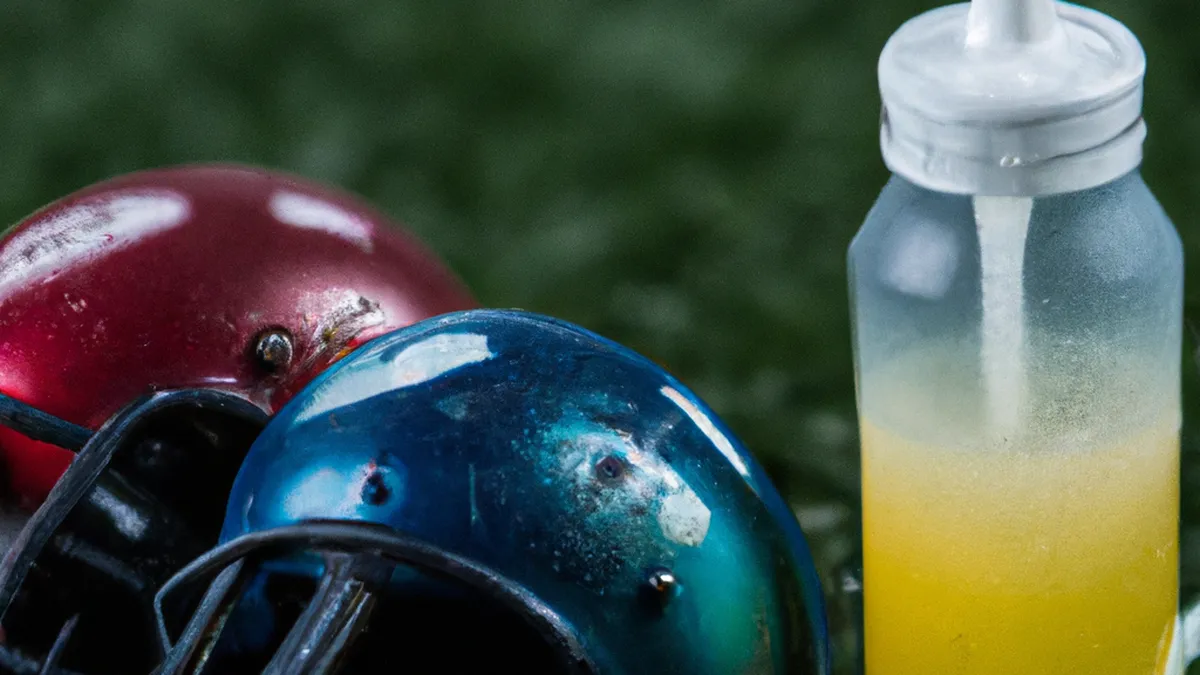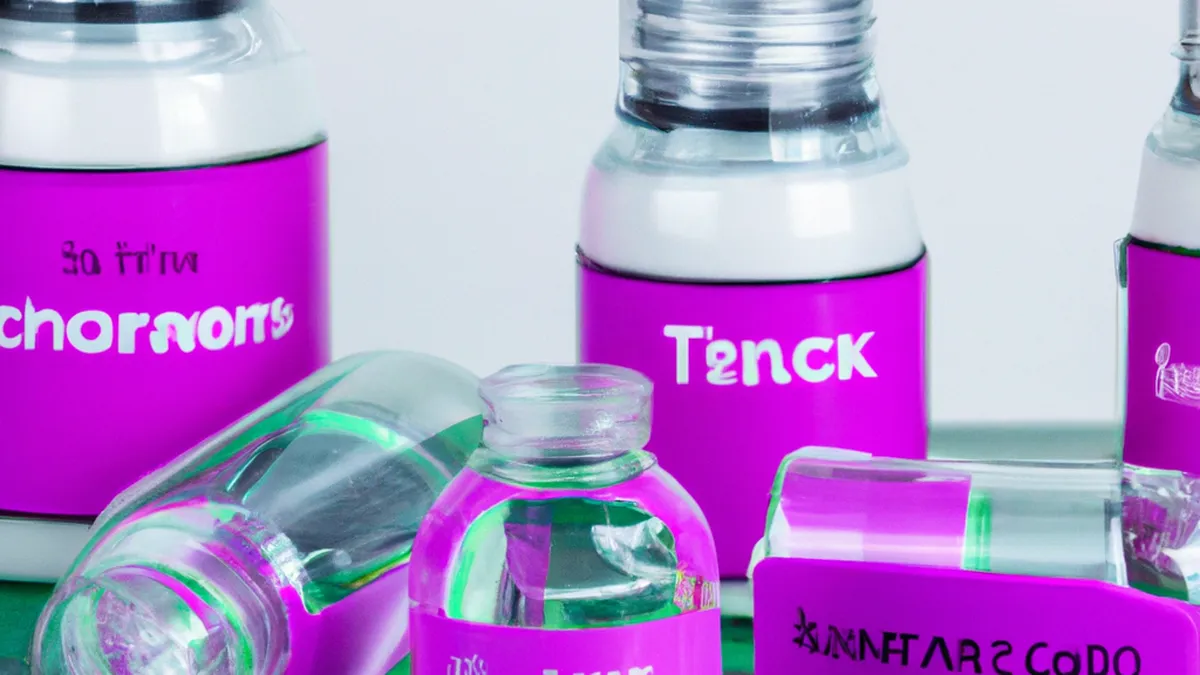Hydration Strategies: High vs Low Osmolality
Understanding Osmolality and Its Impact on HydrationHydration plays a vital role in your health and well-being. It influences energy levels and cognitive function. Osmolality helps us understand hydration. This term means the concentration of solutes in a solution. In this blog post, we will explore osmolality, its impact on hydration, and its importance for your health.
What is Osmolality?
Osmolality measures the concentration of dissolved particles in a fluid. It expresses osmoles of solute per kilogram of solvent. These particles include salts, sugars, and proteins. When you drink water, it interacts with these particles. This interaction influences how your body absorbs and retains fluids.You can find osmolality in various body fluids, such as blood plasma and urine. The osmolality of these fluids reflects your hydration status. High osmolality suggests dehydration, indicating a higher concentration of solutes compared to water. Conversely, low osmolality may indicate overhydration or fluid imbalance, reflecting too much fluid relative to solutes.
How Osmolality Affects Hydration
As an Amazon Associate I earn from qualifying purchases.
Gear tip: consider electrolyte mix, plant protein powder, and shaker bottle to support this topic.
Osmolality plays a crucial role in maintaining your body’s fluid balance. Your body strives for homeostasis, a stable internal environment. When you consume fluids, your body adjusts osmolality to manage hydration levels effectively.
The Role of Electrolytes
Electrolytes help regulate osmolality. They include sodium, potassium, calcium, and chloride. These minerals maintain fluid balance in and out of cells. A proper balance of electrolytes ensures optimal cell function and hydration.When you sweat, you lose both water and electrolytes. If you replenish only water, you may dilute your body’s electrolyte concentration. This dilution can lead to hyponatremia, where sodium levels in the blood become too low. Symptoms can range from mild headaches and fatigue to severe confusion, seizures, and even coma.
The Impact of Diet
Your diet significantly influences osmolality. Eating high-sugar or high-salt foods can increase your blood’s osmolality. For example, a meal high in processed sugars requires more water to manage the increased solute concentration. If you don’t drink enough water, dehydration may occur over time.To maintain hydration, focus on a balanced diet. Incorporate hydrating foods like fruits and vegetables with high water content. Foods such as watermelon, cucumbers, oranges, and strawberries provide natural hydration and essential vitamins and minerals. Additionally, these foods contain electrolytes, helping maintain optimal osmolality.
Tips for Maintaining Proper Osmolality
To support optimal hydration and maintain proper osmolality, consider these strategies:
Conclusion
In summary, understanding osmolality helps you maintain hydration and overall health.
Below are related products based on this post:
FAQ
What is osmolality?
Osmolality measures the concentration of dissolved particles in a fluid, expressed as osmoles of solute per kilogram of solvent. It includes various particles such as salts, sugars, and proteins. This measurement is essential for understanding hydration and how the body absorbs and retains fluids.
How does osmolality affect hydration?
Osmolality plays a crucial role in maintaining the body’s fluid balance, as the body strives for homeostasis. When fluids are consumed, the body adjusts osmolality to manage hydration levels effectively, which is vital for overall health and well-being.
What role do electrolytes play in osmolality?
Electrolytes, including sodium, potassium, calcium, and chloride, help regulate osmolality and maintain fluid balance in and out of cells. A proper balance of electrolytes is essential for optimal cell function and hydration, preventing conditions like hyponatremia when fluids are not replenished correctly.















Post Comment